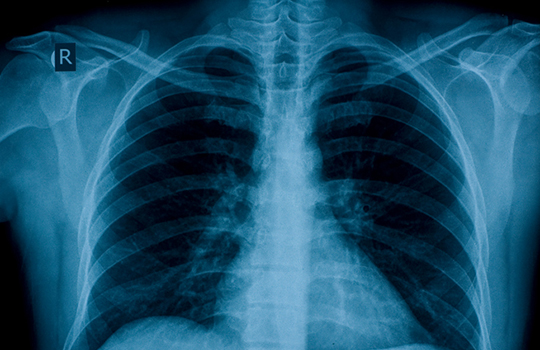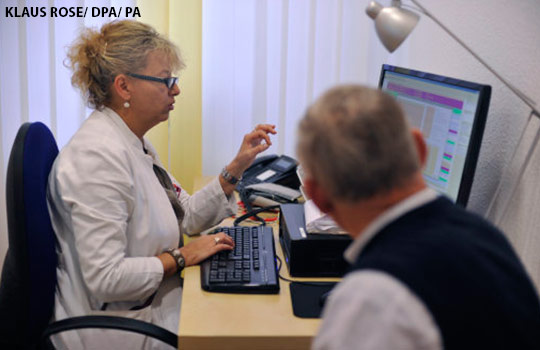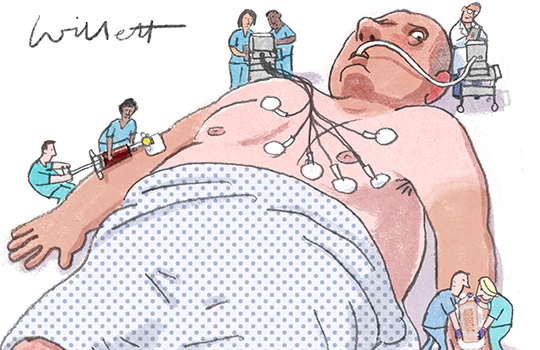What would be required if we were seriously to contemplate the replacement of the chest x ray with CT scanning in the acute setting? […]
Giles Maskell: The new chest x ray


What would be required if we were seriously to contemplate the replacement of the chest x ray with CT scanning in the acute setting? […]

I often see articles, posters, and advertisements stating that early diagnosis of cancer “saves lives.” An implication that general practitioners are not “doing enough” or that people “ignore symptoms” usually follows. GPs are now encouraged to investigate if there is a “3% or more cancer risk.” Does this way of talking about cancer actually make […]

Medical students from around the world utter the Hippocratic Oath when graduating medical school as an age-old commitment to professionalism. Yet, much of what we are taught during medical school conflicts with the oath’s focus on communication and shared-decision making. There is a hidden curriculum in medicine that encourages trainees to do extensive workups to […]
Across the countries with Choosing Wisely campaigns, thousands of recommendations of “Things clinicians and patients should question” have been published. These lists and recommendations, familiar to many practising clinicians, outline tests, treatments, or procedures that evidence suggests are overused, unnecessary and may cause harm to patients. As some have pointed out, implementing these recommendations into practice […]

Documenting overdiagnosis is the easy part. The real challenge is how to manage it […]

Doctors are much more likely to cause problems by underdiagnosing end of life than by overdiagnosing it […]

The Choosing Wisely campaign emerged in the United States with the intention of galvanizing physicians to reduce unnecessary care. While excess care is costly, physician leadership on this problem through Choosing Wisely is not focused on dollars and cents. Rather, the campaign is focused on providing quality care and avoiding any harms associated with overdiagnosis and overtreatment. […]
The Evidence Based Medicine Manifesto (EBM manifesto) has been launched to improve the implementation of evidence based interventions by pulling together a clear set of achievable goals, and a strong overview of the strategies that work best, to help deliver change better and faster. In some areas, such as the treatment of illicit drugs related […]
“The operation was a success but the patient died.” This old jibe, usually aimed at surgeons taking a narrow technical view of the outcome, seems out of date now. There is rather less arrogance around in medicine—no one can feel they know it all in today’s complex world. However, perhaps the spirit of the accusation […]
Love it or hate it—we must all consume evidence. Now is your chance to have your say on what its future should be like. Yesterday the Centre for Evidence Based Medicine at Oxford University launched a new manifesto calling for better evidence for better healthcare. The BMJ team is partnering with them. Writing to launch the manifesto The BMJ says: […]